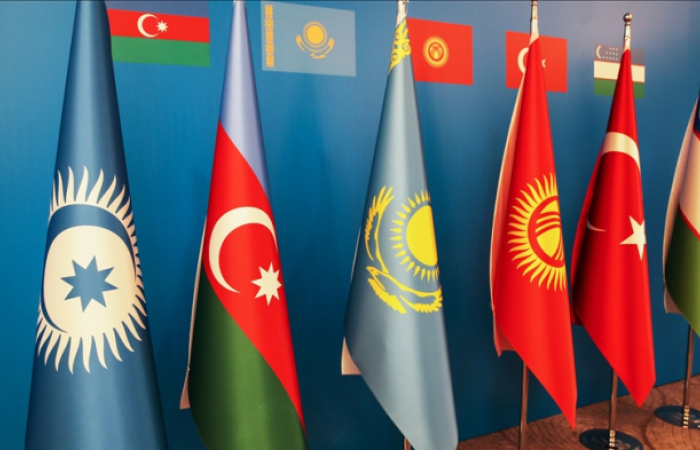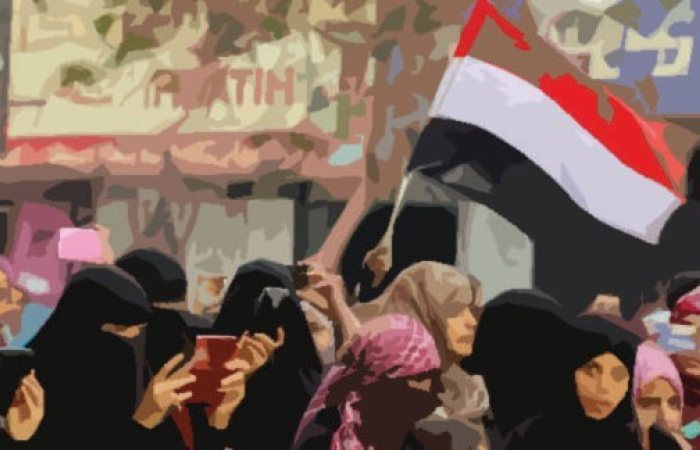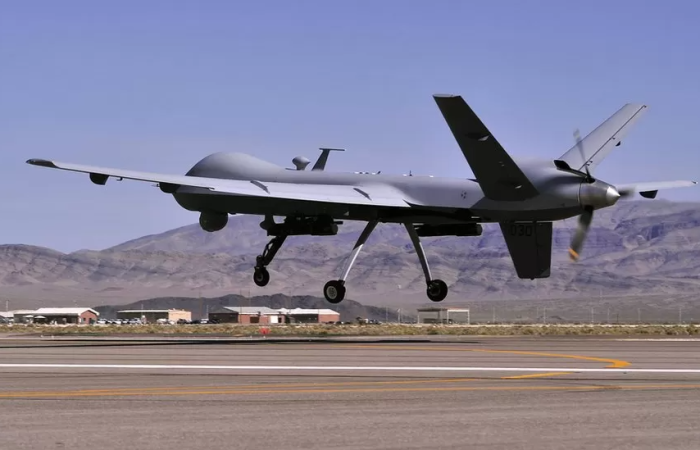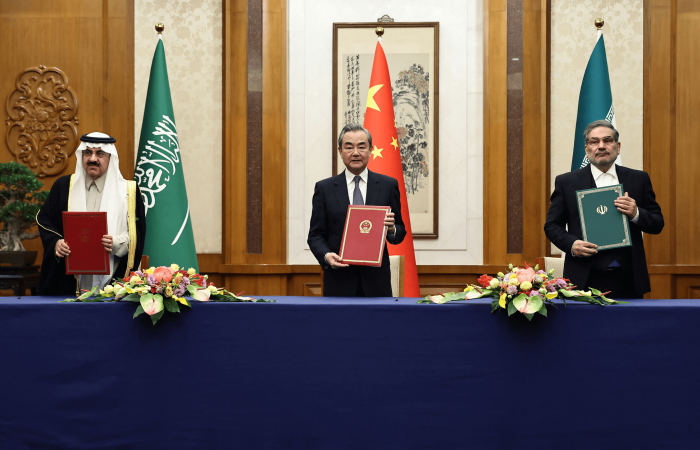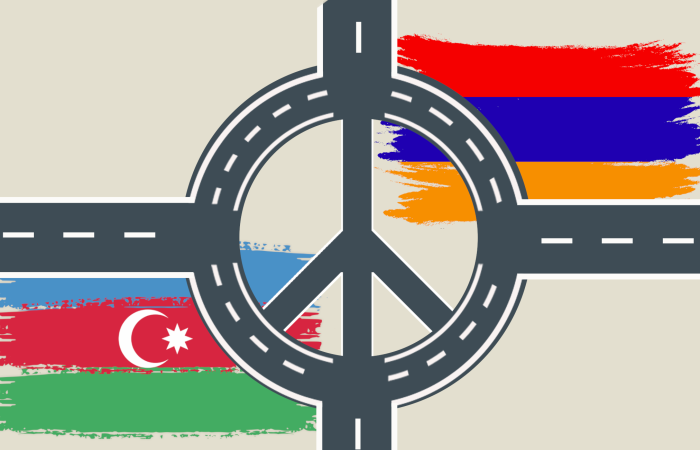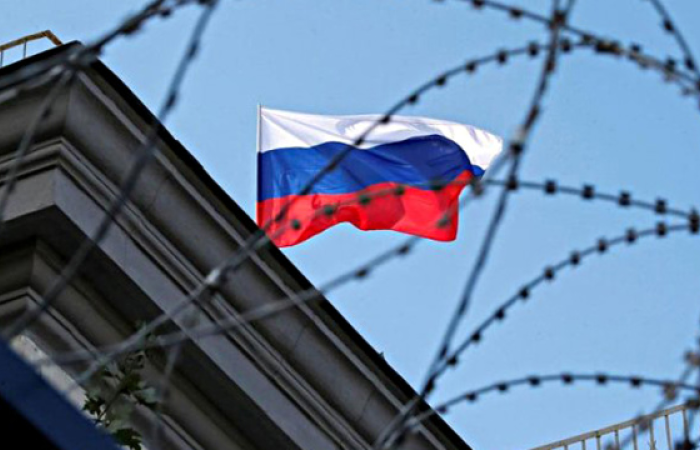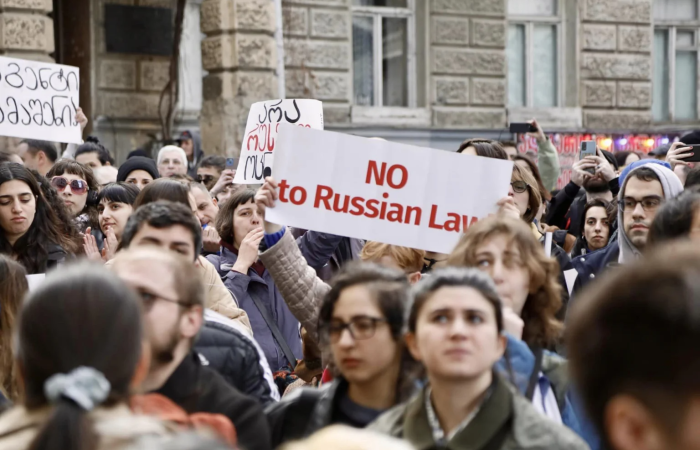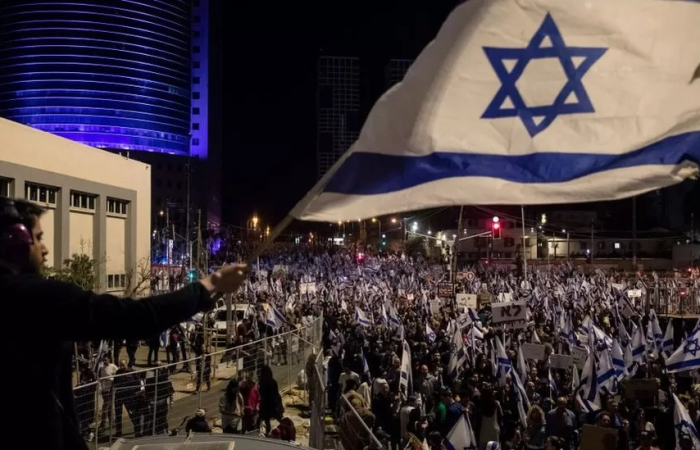Trending
Organization of Turkic States convenes in Ankara to discuss disaster preparation and humanitarian relief
16 March 2023
Today on Thursday (16 March), the Organization of Turkic States (OTS) will meet in the Turkish capital of Ankara to discuss regional disaster preparation, joint humanitarian relief, and the interoperability of Turkic State disaster responses. The meeting comes some six weeks after a devasting earthquake in Turkey and Syria that has killed over 50,000 people. Established in 2009 as the Cooperation Council of Turkic Speaking States, the OTS is an intergovernmental organisation that has as its "overarching aim" the promotion of "comprehensive cooperation among Turkic States". It has five member states - Azerbaijan, Kazakhstan, Kyrgyzstan, Turkey and Uzbekistan - as well as three observer states, namely Turkmenistan, Hungary and the internationally unrecognised Turkish Republic of Northern Cyrpus. The precise theme of Thursday's extraordinary summit is "Disaster-Emergency Management and Humanitarian Assistance". Among those attending the summit are President Ilham Aliyev of Azerbaijan, Kazakh President Kassym-Jomart Tokayev, Kyrgyz President Sadyr Japarov, and Uzbek President Shavkat Mirziyoyev.



